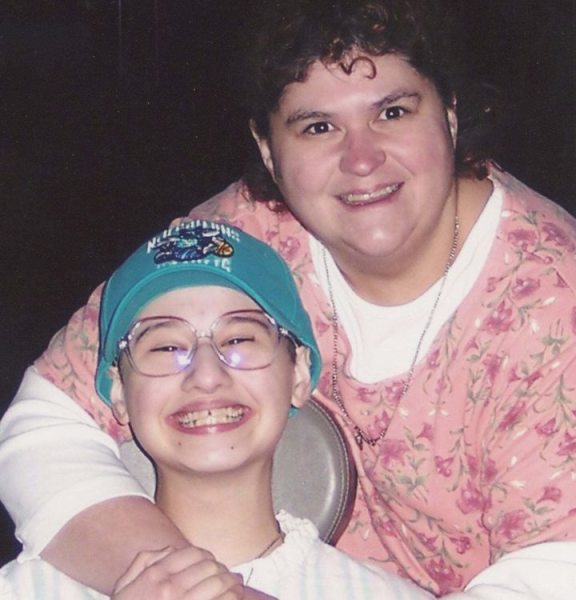Do You Have a Shopping Addiction?
December 16, 2022
Over the past two years, studies have shown that people are buying online way more than the year before. In 2020, the percentage of sales from online shopping have increased 43 percent from 2019. Online shopping became a daily activity for everyone during the Covid-19 pandemic. It was convenient for those who wanted an easier way to get their groceries, clothing, and home products. Others were using it to avoid contact with people, or just simply out of boredom. At some point, shopping habits can become an addiction that may lead to behavioral disorders.
How do you know if you or someone has a shopping addiction?
There are symptoms to look out for in a person who is “compulsive buying”. These symptoms include continuously spending money on new items regardless of being able to afford it. The financial problems that come their way don’t affect them at all. When buying something the person may feel that they need something and lose control. The feeling of buying is similar to the high when using a drug. The pleasure from shopping becomes a craving that a person will want over and over again.
Research shows that a shopping addiction can be associated with behavioral conditions such as anxiety, mood disorders, and eating disorders. Having shopping habits doesn’t mean a person has a shopping addiction.
What are the signs?
These signs have been shown for over the past decade of compulsive shopping.
Having constant thoughts about spending money
Buying items that aren’t affordable
Feelings of relief, guilt, or anger during the shopping experience
Unable to control spending while knowing it’s a problem
Relationship with friends and family changed for the worse
How can it be stopped?
Someone who is struggling with this addiction may seek help from a mental health professional. They can recommend treatments that are similar to OCD which can include medications and therapy. Cognitive behavioral therapy can help understand the reasons why they have a compulsion to spend and how to stop it. Medications such as antidepressants are suggested for obsessive compulsive disorders. Resources you can seek help from can be doctors, psychologists, therapy program, family, text support from the national alliance on mental health. If you are having trouble keeping your mind on something else, consider spending time getting active, writing, finding a hobby, hanging out with friends/family, or simply taking the time to relax and enjoy a movie. There are many other ways to spend time on rather than spending money.












